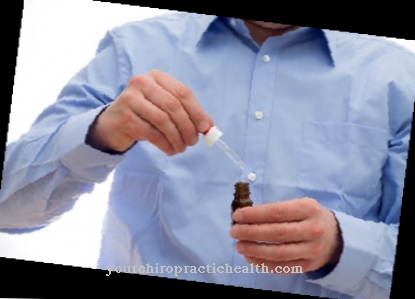The human digestive system is stressed by the diversity of food and everyday stress. Irritations in the intestinal tract are usually noticeable with corresponding symptoms. How does a Colon cleansing carried out and what dangers can arise?
What is colon cleansing?

Colon cleansing is the artificially induced emptying of the entire bowel. The intestine is the largest immune organ in the human body. 70% of the body's defense cells are located on the intestinal mucosa. The task is to ward off pathogens and the vital task of absorbing nutrients that we ingest through food. The water balance is influenced and metabolic products are excreted through the intestine.
The intestine also provides a habitat for over 450 different types of bacteria that produce important vitamins and protect the body from pollutants and other pathogens. If this balance is disturbed, illnesses result. Factors such as stress and an unhealthy diet contribute to this imbalance. To cleanse the body from the inside, a colon cleanse is brought about.
Function, effect & goals
Most often, colon cleansing is ordered in preparation for an examination or surgery. But this method is also widespread in the wellness area or before fasting cures. If you suffer from chronic constipation, a thorough colon cleanse can be beneficial.
Depending on the procedure that follows after a colon cleanse, there are different methods of cleansing the colon. If the patient is about to have a colonoscopy (colonoscopy) after the colon cleansing, or if the cleansing serves as preparation for an operation, an orthograde colon cleansing is performed. Before the colon exam, the diet should be as free of fiber as possible a week before.
One day before the examination, the patient drinks three to five liters of a PEG (polyethylene glycol) solution within a few hours. The rinsing continues until a clear golden yellow liquid is excreted. Only clear liquids, such as water or soup, should be consumed while preparing to drink to prevent the patient from becoming dehydrated. It has proven useful to drink another liter of a PEG solution on the day of the examination. The remaining substances still in the intestine are excreted. The bowel can also be emptied with enemas or high-dose laxatives. With an enema, fluid is passed through the anus (anus) into the intestine.
Colon cleansing is also used in fasting cures. Glauber's salt (sodium sulphate) and enemas played a major role here. Before starting a fasting cure and then at regular intervals of about two days, Glauber's salt is taken or an enema is used. The intestine is detoxified and this is said to have a health-promoting effect.
In order to rebuild the intestinal flora, the colon cleansing creates a basis. One method of gentle colon cleansing is the use of psyllium. In combination with bentonite (mineral earth of volcanic origin), psyllium husk can bind the negative metabolic end products and remove the mucus that accumulates on the walls of the colon. The psyllium husks dissolved in water turn into a spongy pulp that stimulates peristalsis (bowel movement) after consumption. The emptying of the bowel is accelerated.
A traditional way of cleaning the intestines is the use of special herbal mixtures that empty and cleanse the intestines. With the help of colon cleansing, the intestinal flora is built up and the body can no longer poison itself by eliminating harmful ingredients in the food. In this way, the intestinal bacteria can concentrate on their usual tasks, the formation of digestive enzymes and vitamins.
Risks, side effects & dangers
Frequent colon cleansing also entails risks that should not be underestimated. With frequent enemas and colonic irrigation, the electrolyte shift in the bowel is favored. This means that the salts dissolved in the blood, the electrolytes, can only partially or not at all take over the vital functions in the organism. The high loss of fluids when excreting causes this disease. Electrolyte disturbances show up in the form of muscle spasms, cardiac arrhythmias and clouding of consciousness.
The risk of an electrolyte shift is particularly high in elderly patients with poor circulation. In the worst case, it can lead to heart or kidney failure. By taking laxatives, possibly over a longer period of time, the lactobacilli and bifidobacteria are displaced. However, these strains of bacteria are necessary for better bowel movement. They also regulate the acidic flora in the intestine.
Improper use can damage the intestinal wall. The formation of ulcers is higher and the occurrence of an infectious disease. If the instruments required for an examination are not adequately sterilized, this can lead to an infection.
Side effects such as abdominal cramps, vomiting or bleeding in the intestines can occur. Colon cleansing should only be done in consultation with a doctor. He explains possible risks and side effects and, if necessary, offers alternatives, provided that it is not a medically necessary colon cleansing. Many general practitioners offer a colonic irrigation procedure. But people themselves can do a lot of good for the intestines with a balanced diet. Lots of exercise and an adequate intake of fluids stimulate digestion. Sufficient sleep should also be ensured, as the body filters the pollutants during the resting phase.
If these things are observed, it is not necessary to perform an artificial colon cleanse.






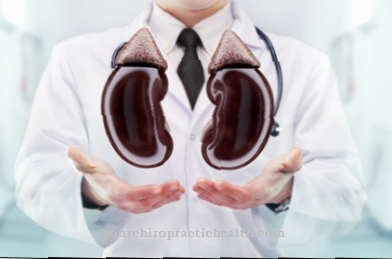




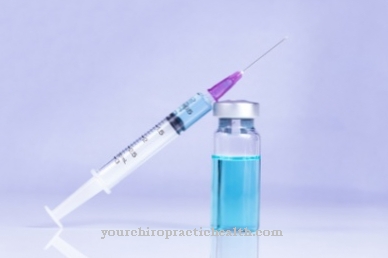
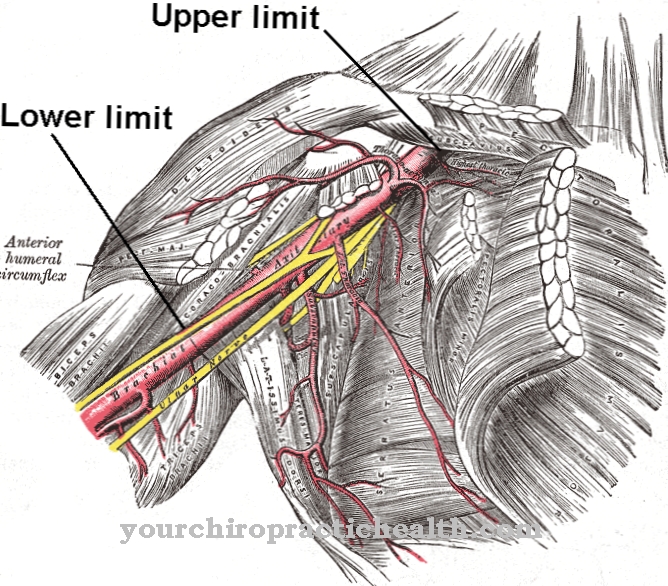

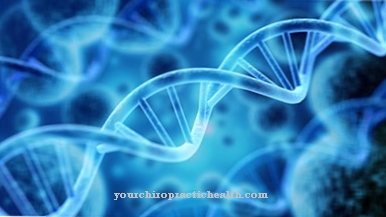

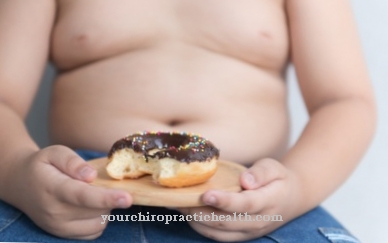
.jpg)

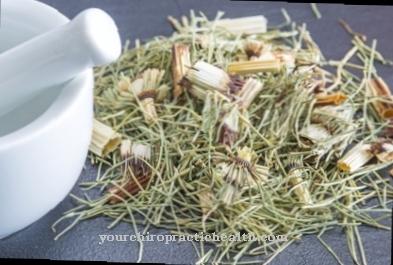
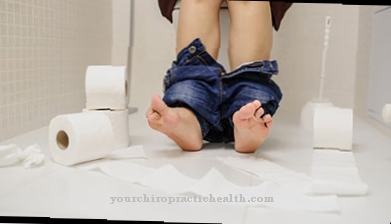

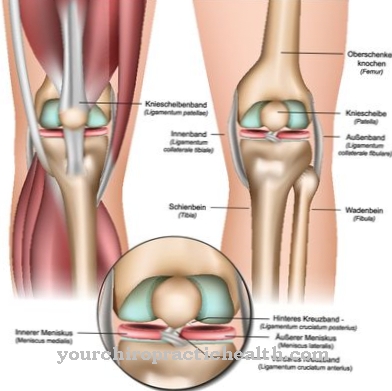
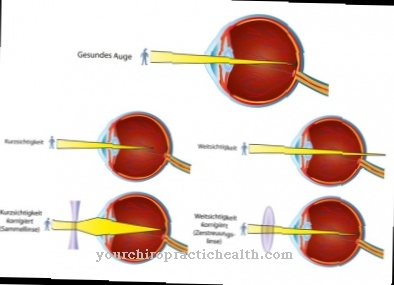
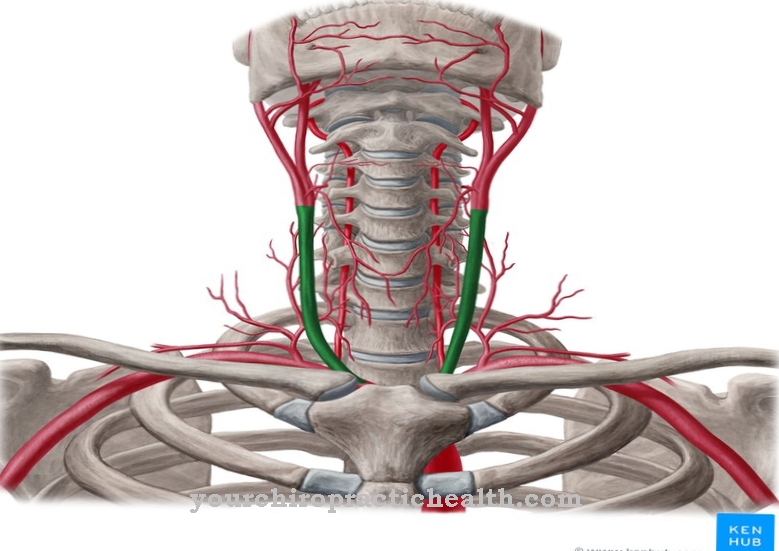
.jpg)
